Summary
- Free games can build up a backlog, offering more options than you have time to play.
- Ads in free games can be intrusive and disrupt gameplay. Information about you may also be collected in the background.
- Free games often employ microtransactions and other tactics similar to those of a casino, getting young players accustomed to gambling very early in their lives.
I love “free”—it’s my favorite price. But when it comes to video games, free usually comes with a catch. There’s often a hidden, and sometimes not-so-hidden, cost to games that don’t make you pay upfront.
6
More Games Than You Have Time to Play
Let’s start with the best-case scenario. You’ve faithfully downloaded every free monthly game from the Epic Store, and you’ve searched other stores for similar freebies. You’ve grabbed whatever caught your interest in the Play Store or the Apple App Store, and you’ve taken advantage of the occasional Xbox freebie. You now have dozens of games to play without paying a cent.
Good luck making it though all of them! There are only so many minutes in a day, and those of us with jobs and families to support may only manage a couple hours a week. By the time we’ve completed one free game, we’ve already come across a half dozen more. Getting through our back catalog starts to feel more like a burden than a leisurely break.
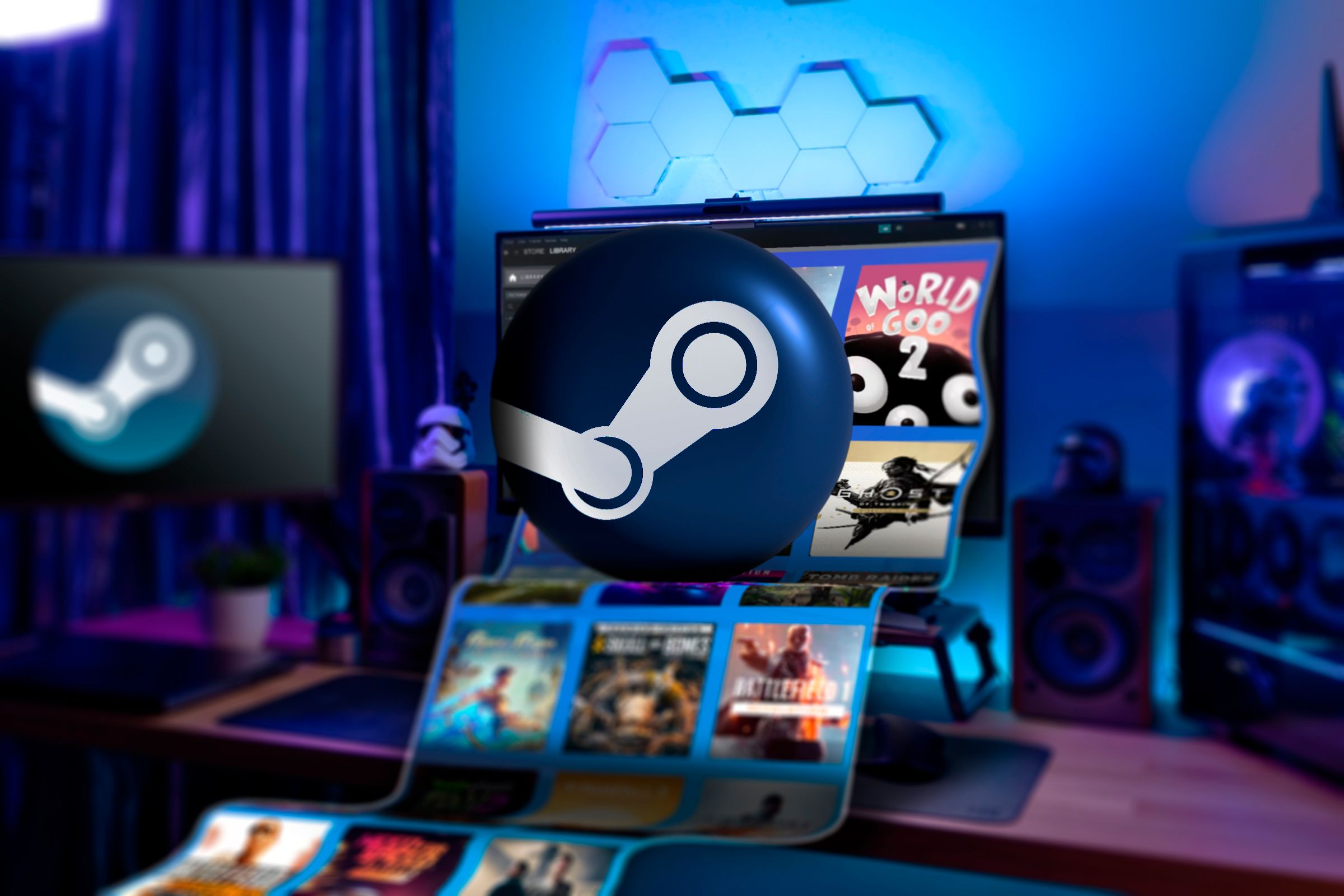
Related
My Steam Library Is Overflowing, Here’s How I Prioritize My Gaming
Can’t decide what to play next? Here’s how I managed it.
Is having a massive backlog a good problem to have? Sure. Some might say a backlog isn’t even a problem at all. Yet for many, there’s still an anxiety that comes with staring down a list of that many unplayed games.
5
Ads Waste Your Time
Many free games, especially on phones and tablets, are absolutely laden with ads. I personally have never been able to stomach banner ads visible on-screen while I’m playing anything, and the first full-screen pop-up is enough to make me immediately return to the home screen.
I can barely contain my emotions when a game has the gall to show me an unskippable video. What do they think this is, cable TV? (Though, for the record, I never liked ads there either.)
Sometimes ads even interrupt your game to show you an add for another game that doesn’t even exist!
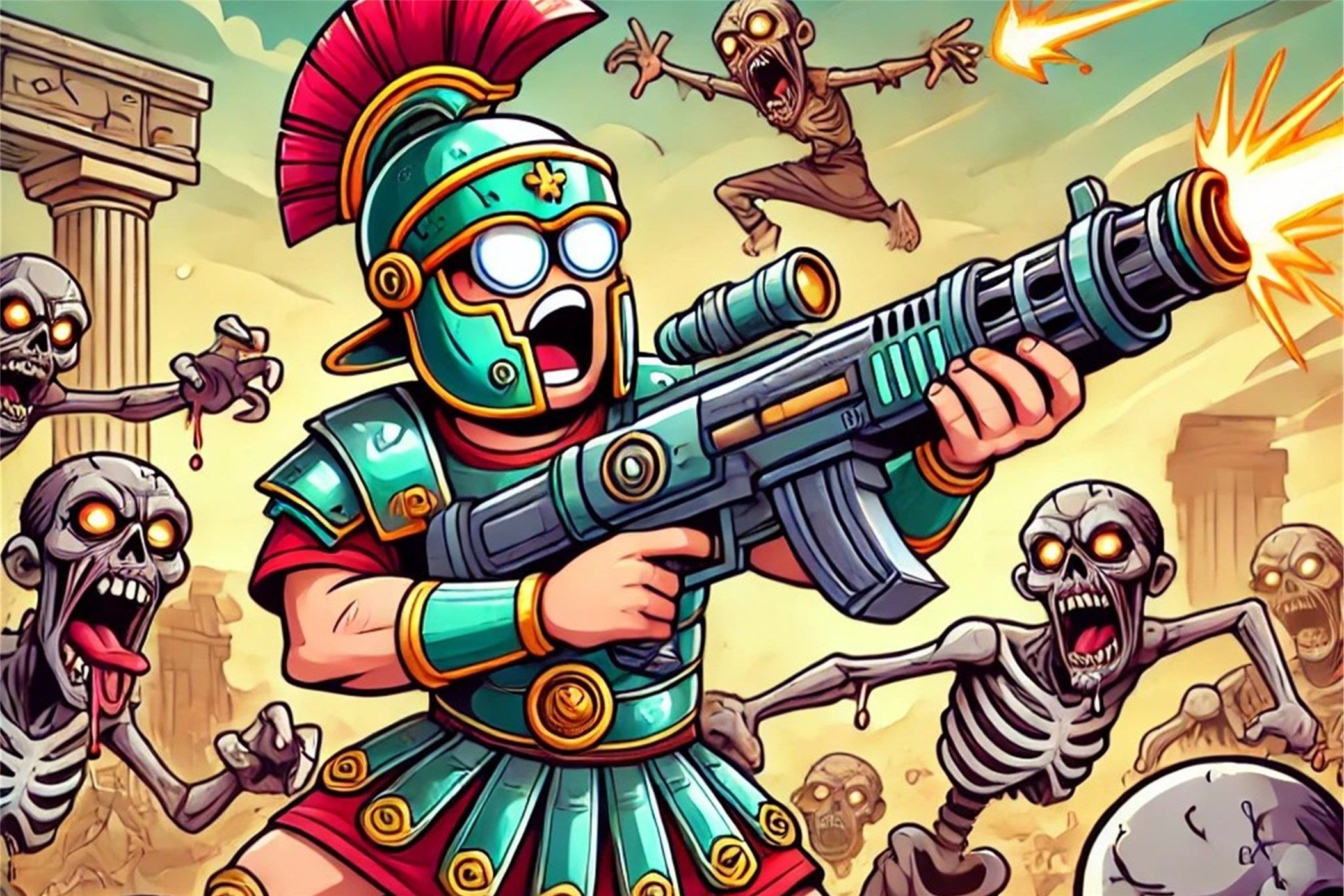
Related
I Played the Worst Mobile Games From Those Fake Ads So You Don’t Have To
The verdict was very predictable.
As a general rule, if I want to play a game that has ads, I’ll only do so if it lets me pay to remove them—at which point the game is no longer free.
4
Microtransactions Will Nickel and Dime You
Great, you’ve downloaded a game for free and have gotten to experience the first few levels. You know all the elements are in place for a good time. But wait! To play as the character you want, that will cost real, non-virtual dollars. And if you want to level up at a reasonable pace, you also need an XP generator that also costs a few bucks. Then there are the bonus levels, which will set you back another $5.
An expensive Nintendo Switch game might be too expensive at $60 (or even $80), but somehow this “free-to-play” game has managed to squeeze $85 out of you instead!
3
You’re a Gambler Now
If you decide to go to a casino, you know what you’re in for. You’re making the conscious decision to walk into a building and possibly walk out with less money than you entered with and nothing to show for it. Even if you do make money, it’s hard to quit while you’re ahead. It’s easier to stop not when you decide to, but when you’re out of money and the decision has been made for you. That’s by design.
That same design has gone into many free-to-play games. Instead of being shown exactly what you’re buying, you buy virtual currencies that you can use to buy loot boxes, which will shower you with random bonuses. Better keep buying them until you get “lucky.” Games reward you with a few coins each day to keep you coming back, or they will nag you if you think of spending time doing anything else.
Every element is designed around keeping you coming back and spending money. Are you having fun? Sure. But gambling in general is also fun. Not having fun has never been the issue with gambling—we just typically require people to be adults before deciding if that’s the kind of fun they want to have. Not so with gambling in games.

Related
7 Signs It’s Time to Quit a Mobile Gacha Game
Don’t let your cost sink even further
2
Watch Out for Data Collection
Many free games aren’t just interested in your money. They’re interested in the data they can gain from your usage. If a game requires you to create an account, there’s a decent chance someone keeping tabs on how you play the game. Niantic, the team behind Pokemon Go, is a valuable company not only because it created a global phenomenon, but because of all the information it gained in the process. As Kotaku detailed in 2019, Niantic didn’t just map the world, they mapped their players.
Games may not tell you before you download how much everything is going to cost, but they do give you a price every time you make a microtransaction. By contrast, the economy built around data collection is entirely hidden from view.
1
Sometimes You Get What You Pay For
You can get some paid games for free simply by being a patient gamer and waiting to see what deals come your way. I didn’t pay anything for Don’t Nod’s Tell Me More. I got it for free when the title was being given away for free to celebrate Pride month. It became one of my favorite games I played in 2024.
But some games are free because they’ve never had a price tag. The developer created the game maybe as a student or just for fun, and it’s okay at best. There are tens of thousands of free Android games on Itch.io, but there may only be a handful you want to play.
Sometimes a game being given away on Steam is being given away because it doesn’t sell, and the publisher desperately just wants to get the game in front of more eyeballs. Sometimes gaming on the cheap means wading through a lot of crap.
As a general rule, I prefer cheap games over free games. There are an abundance of paid games that offer a good time for under $10, without any ads, microtransactions, or tracking. Games take increasing amounts of both time and money to make. Most publishers want to make their money back somehow, resulting in the price of a “free” game being far more than many of us want to pay.


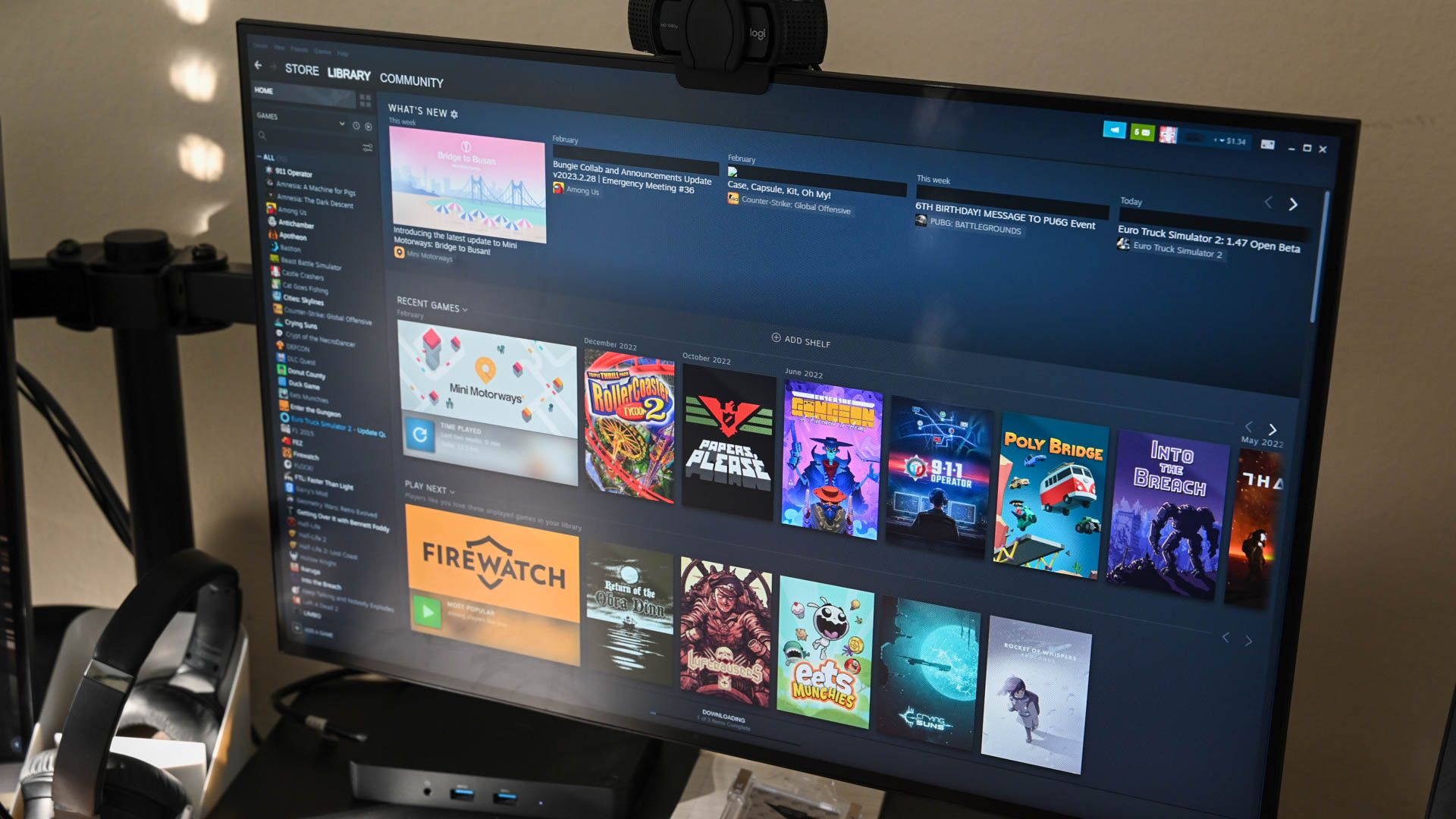
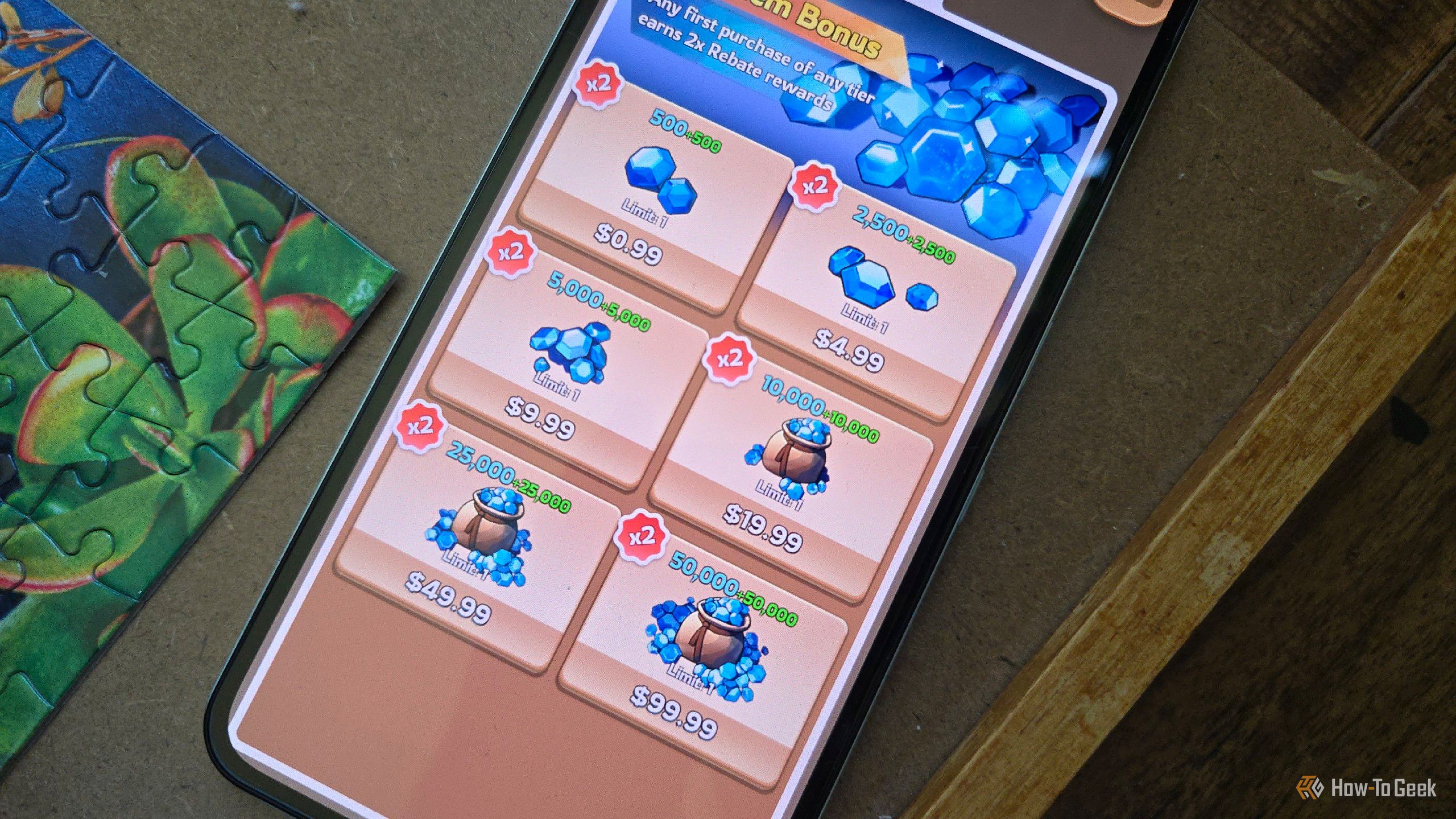
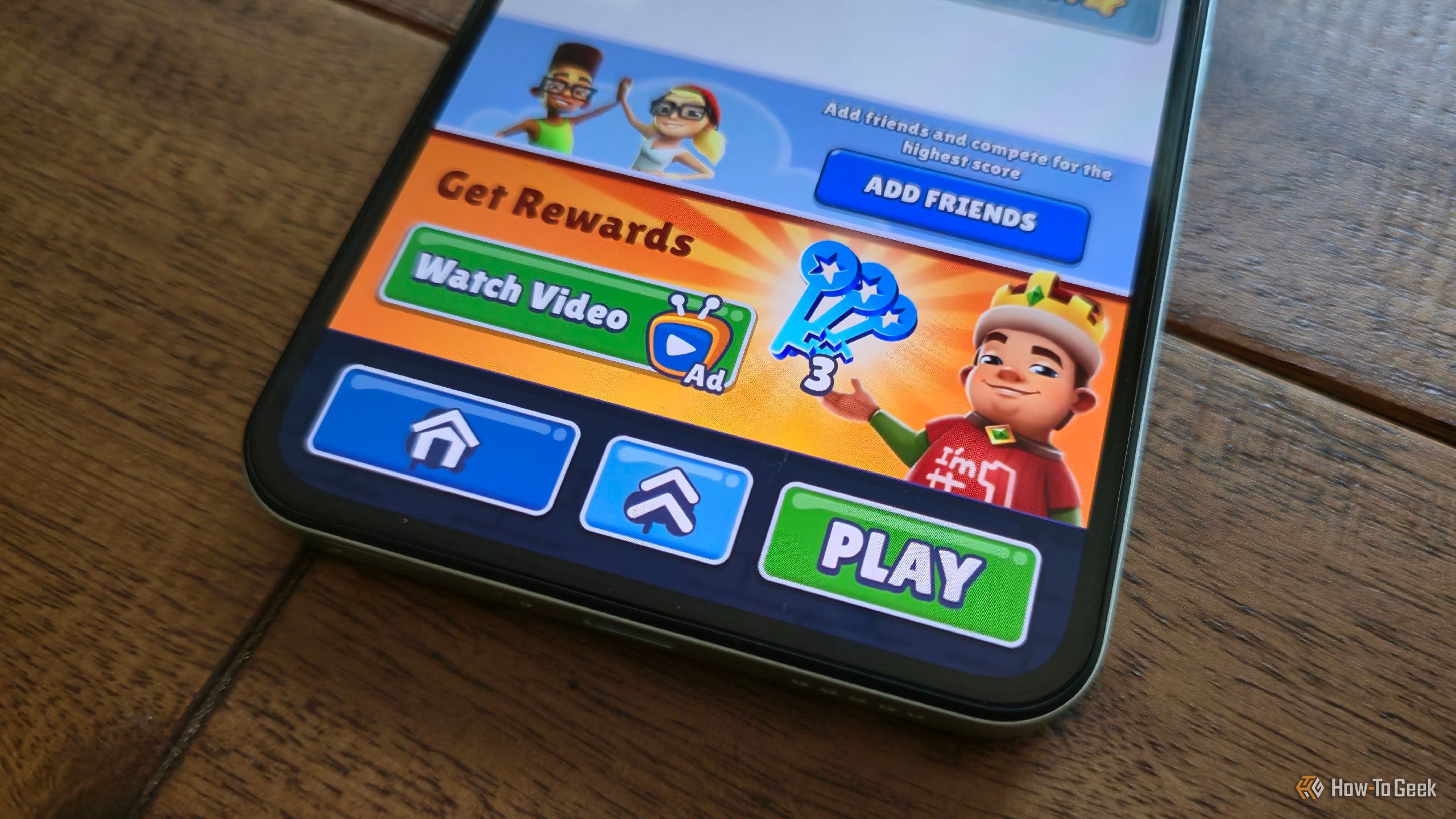
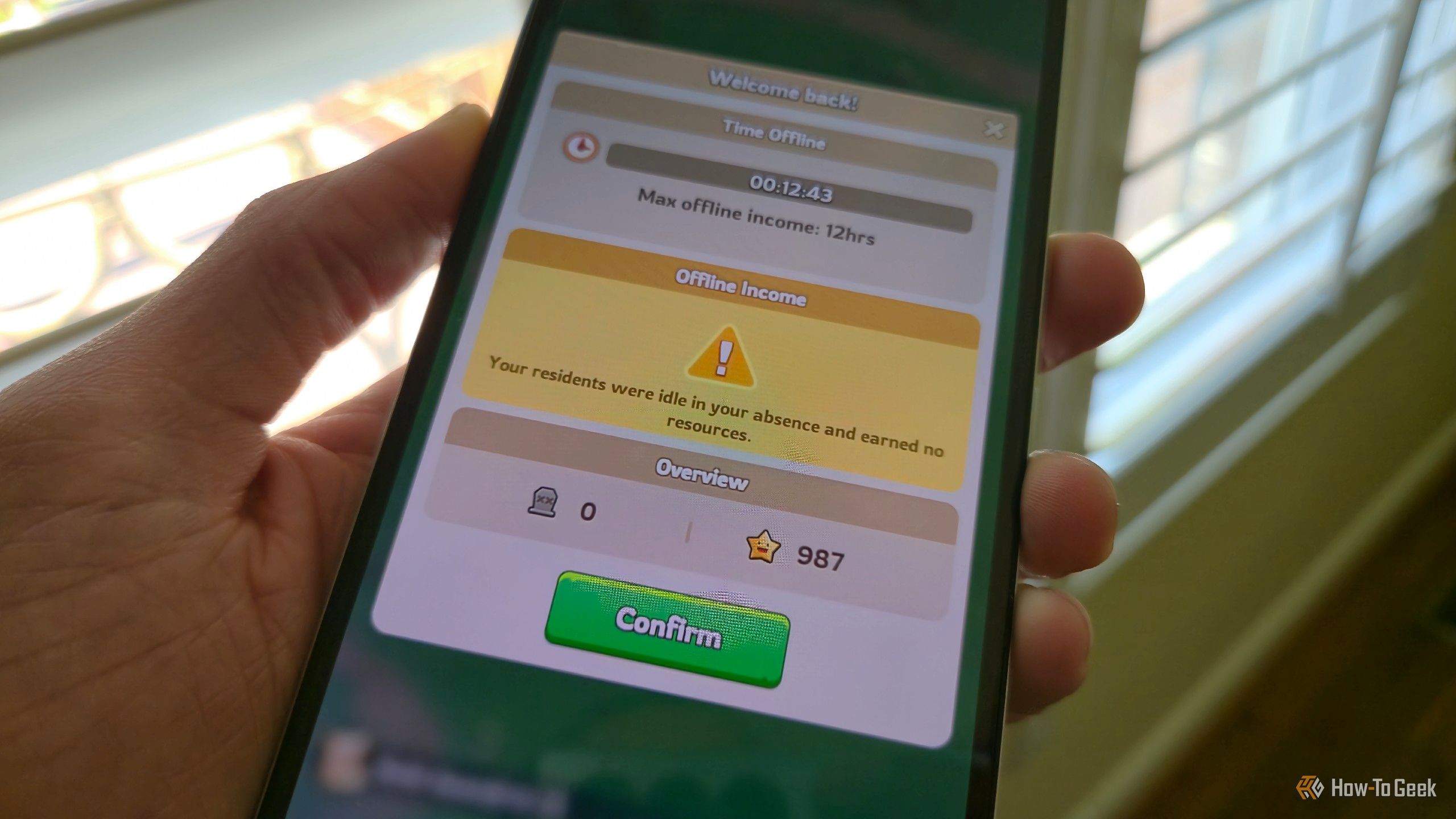
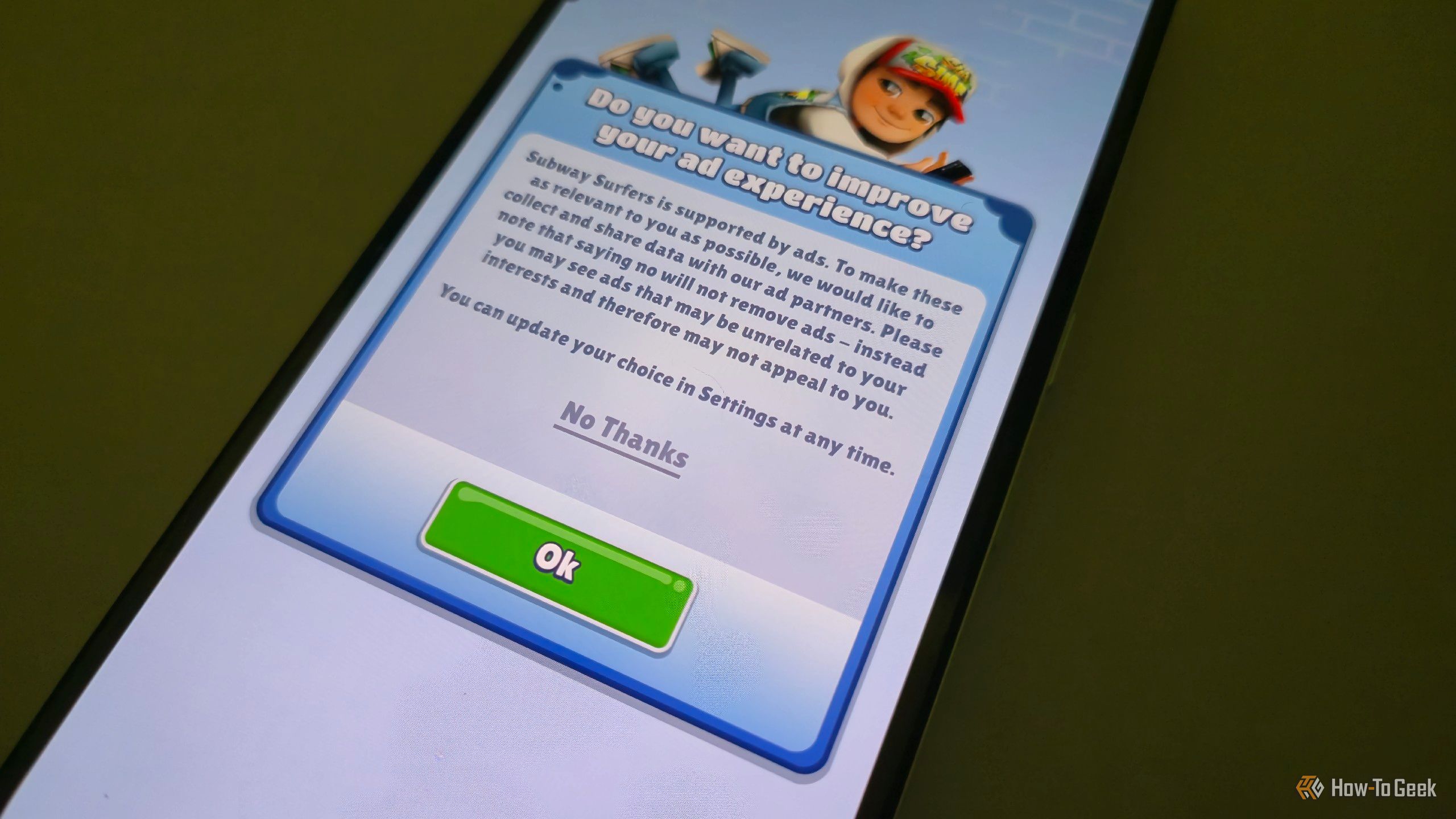





Leave a Comment
Your email address will not be published. Required fields are marked *